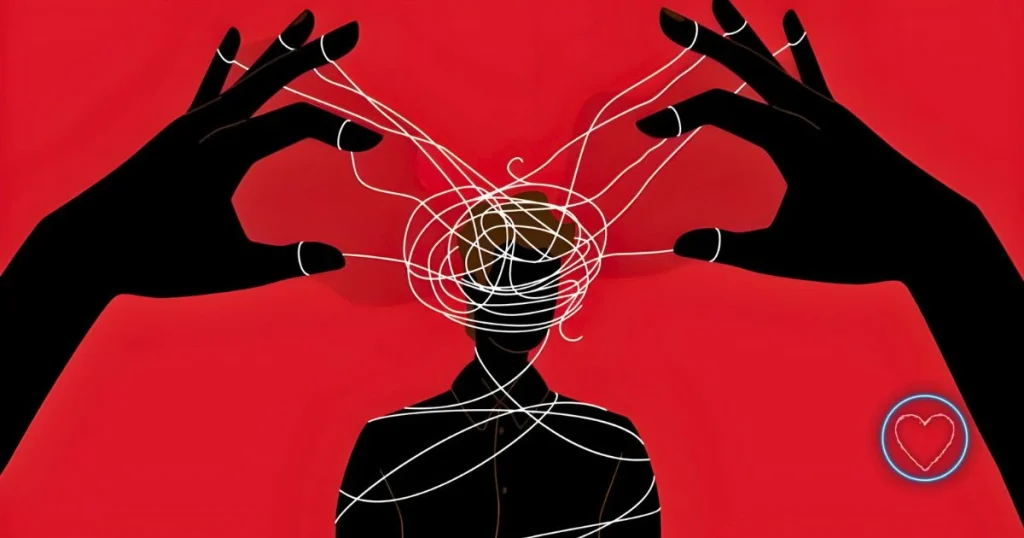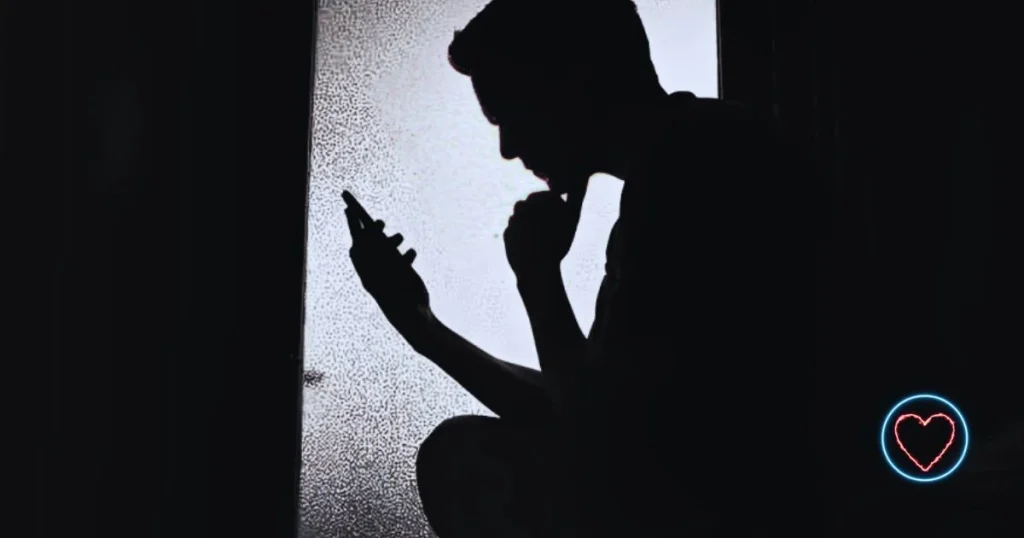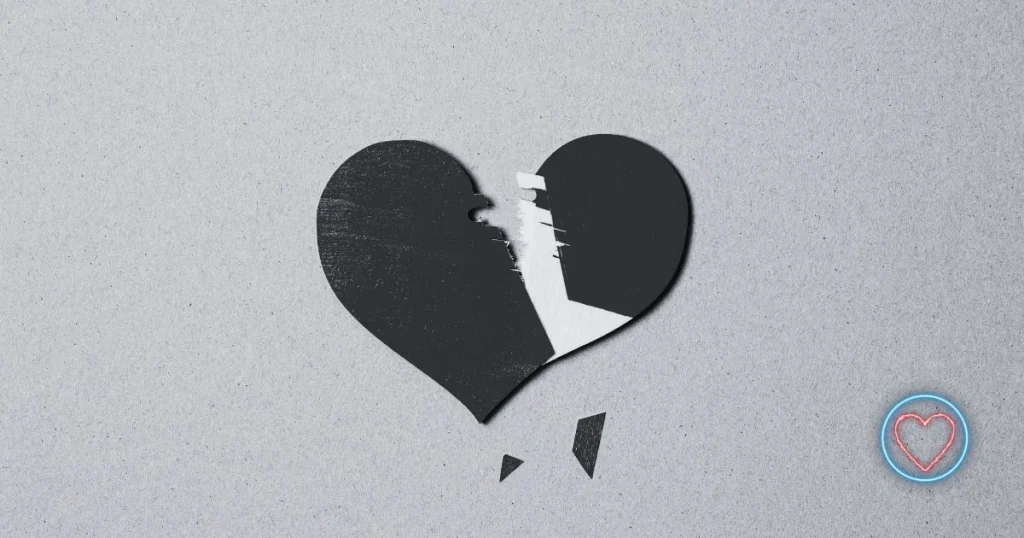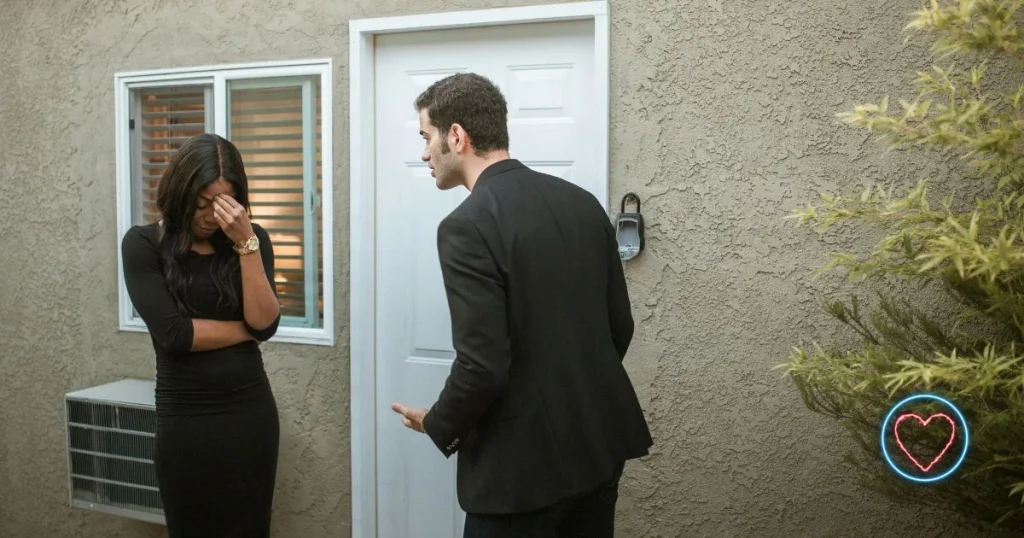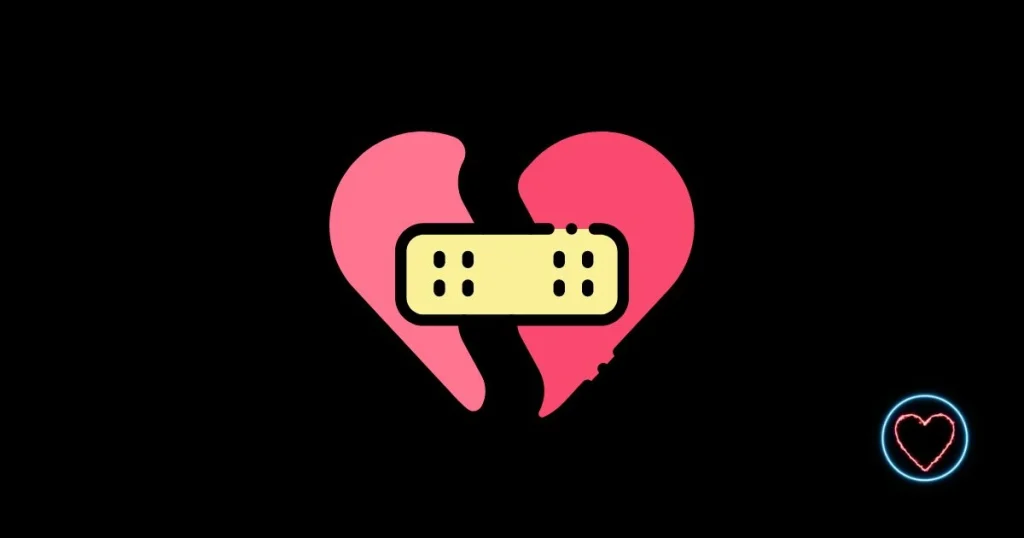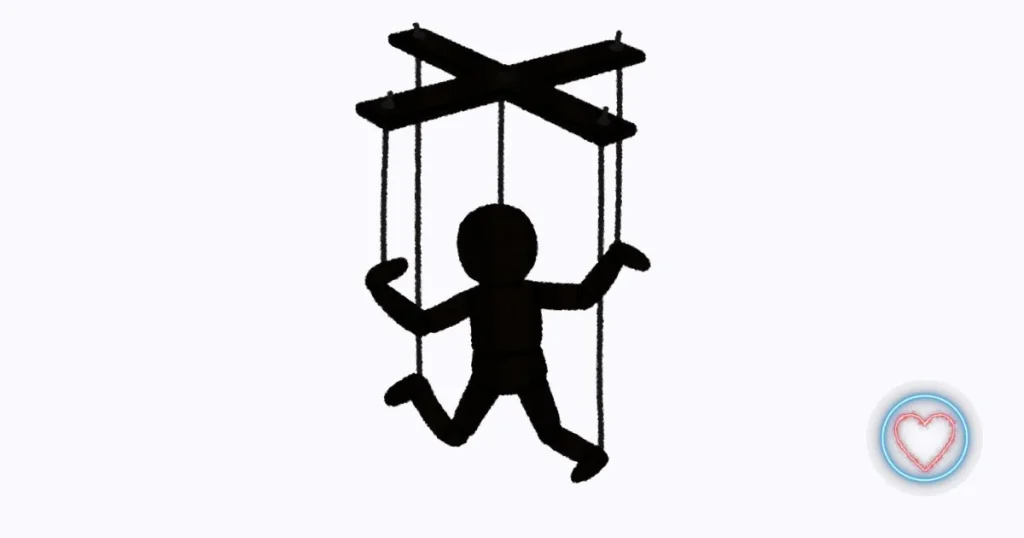Infidelity can strike the strongest of relationships, leaving behind emotional wreckage, trust issues, and endless questions. Whether it’s emotional or physical cheating, betrayal hurts deeply. While suspicion alone is not proof of cheating, certain patterns and behaviors can raise legitimate red flags. It’s essential to approach this sensitive topic with clarity, communication, and compassion.
Here are 15 signs that may suggest your partner is cheating on you:
1. Sudden Change in Appearance
If your partner suddenly becomes more concerned with their looks—buying new clothes, working out more, grooming meticulously—it may be to impress someone new. While self-improvement is healthy, abrupt changes without a clear reason could be suspicious, especially if they weren’t previously concerned about their appearance.
2. Guarded Use of Phone or Devices
A partner who used to leave their phone unattended but now clutches it like a lifeline may be hiding something. Password changes, screen-down habits, and taking calls in private are signs of secrecy. If they become defensive or angry when you ask to use their phone, it might be more than just a need for privacy.
3. Emotional Distance
Has your partner become emotionally unavailable? Cheating often creates emotional detachment from the primary relationship. If once-intimate conversations now feel forced or rare, or if they seem distracted or disinterested, something may be pulling their attention elsewhere.
4. Unexplained Absences
Frequent unexplained absences or vague reasons for being late may indicate deceit. “Working late” or “out with friends” every night—without any proof—can signal they’re spending time with someone else. Inconsistencies in their stories also heighten suspicion.
5. Decline in Sexual Intimacy
A sudden drop in sexual activity can be a warning sign. Cheating partners may show less interest in physical intimacy at home due to guilt, physical exhaustion from another relationship, or simply shifting their emotional connection. Conversely, an unusual spike in intimacy can also be a sign—they may be overcompensating for guilt.
6. Defensive or Evasive Behavior
When questioned about their behavior, does your partner become unusually defensive or evasive? Responses like, “Why don’t you trust me?” or “You’re being paranoid” could be attempts to divert the conversation and guilt you into dropping the subject. A faithful partner, while possibly annoyed, will usually address concerns directly.
7. They Accuse You of Cheating
Surprisingly, some cheating partners project their guilt by accusing you of infidelity. This tactic, known as “gaslighting,” helps them deflect attention and avoid scrutiny. If your partner suddenly becomes paranoid about your whereabouts or accuses you without cause, it might be a deflection strategy.
8. Changes in Routine
Changes in daily habits—such as suddenly needing to “travel for work,” or adopting a new gym schedule—without logical explanations might be hiding something more. A drastic shift in routine that doesn’t make sense or is not openly discussed can be a red flag.
9. Strange Expenses or Financial Secrecy
Mysterious credit card charges, ATM withdrawals, or sudden budgeting issues could point to hidden expenditures—like hotel stays, gifts, or meals. If your partner becomes secretive about finances or opens a new bank account you didn’t know about, it’s worth paying attention.
10. Frequent Lying or Half-Truths
Catching your partner in small lies may be a precursor to bigger ones. When stories don’t add up, or they revise details when retelling something, it’s possible they’re trying to cover their tracks. Honesty is the bedrock of trust, and its absence should raise concern.
11. Increased Criticism or Picking Fights
A cheating partner may unconsciously try to justify their actions by portraying the relationship negatively. They may pick fights over trivial issues, criticize you unfairly, or become irritable more often. This can create emotional distance and ease their guilt by blaming the relationship.
12. Lack of Interest in the Relationship
When someone is cheating, they may stop investing emotionally or mentally in the relationship. This might show in their reluctance to make plans, work through issues, or even discuss the future. If your partner seems apathetic about your shared life, that’s a major warning sign.
13. You Hear Rumors or Get Warnings
Sometimes, others notice signs before you do. Friends or acquaintances may hint that they’ve seen your partner with someone else, or suggest something’s not right. While not always accurate, repeated comments from different sources should not be ignored.
14. They Suddenly Need More Privacy
It’s healthy to have some personal space in a relationship, but if your partner suddenly demands excessive privacy, something may be off. Locking devices, hiding messages, or insisting on more “me time” without clear reasons might be efforts to keep you from discovering their double life.
15. Gut Feeling That Something’s Off
One of the most powerful signs is your own intuition. If something feels wrong, trust your instincts. Humans are incredibly intuitive, especially when it comes to people they’re close to. You might notice subtle cues, behavioral shifts, or emotional changes that your mind hasn’t consciously processed yet.
What to Do If You Suspect Cheating
Suspecting your partner of cheating can be emotionally overwhelming. Before jumping to conclusions, it’s important to:
1. Gather Facts, Not Assumptions
Feelings are valid, but proof helps guide action. Observe behaviors without becoming obsessive. Try to document inconsistencies or signs you notice over time, but avoid spying or invading privacy—that can cause more harm and damage trust, regardless of the outcome.
2. Communicate Honestly
Choose a calm moment to express your concerns. Use “I” statements, such as “I feel something’s changed between us,” rather than accusatory language like “You’re cheating on me.” This keeps the conversation open and less confrontational.
3. Listen and Observe
Your partner’s response can tell you a lot. Do they acknowledge your feelings or dismiss them? Are they honest, defensive, remorseful, or indifferent? Their reaction can either deepen your doubts or offer reassurance.
4. Consider Counseling
Sometimes, involving a neutral third party like a relationship counselor can help uncover deeper issues—whether it’s about cheating or emotional disconnection. Therapy can also help both of you process trust issues and find clarity about the future of the relationship.
5. Protect Your Mental Health
Being in a state of constant suspicion is emotionally draining. Don’t let anxiety and mistrust consume you. Talk to a trusted friend, seek therapy, or engage in activities that help you stay grounded and clear-minded.
Final Thoughts
Infidelity is one of the most painful breaches of trust in a relationship. While no single sign is definitive proof of cheating, a combination of behaviors—especially if they appear suddenly or consistently—should not be ignored. The key lies in trusting your instincts while staying grounded in reality.
Every relationship is different. Some may survive infidelity with honest dialogue and effort; others may end, making way for healing and personal growth. Ultimately, you deserve a relationship rooted in trust, respect, and emotional safety. If those are missing, it’s okay to ask tough questions—and make difficult decisions.



